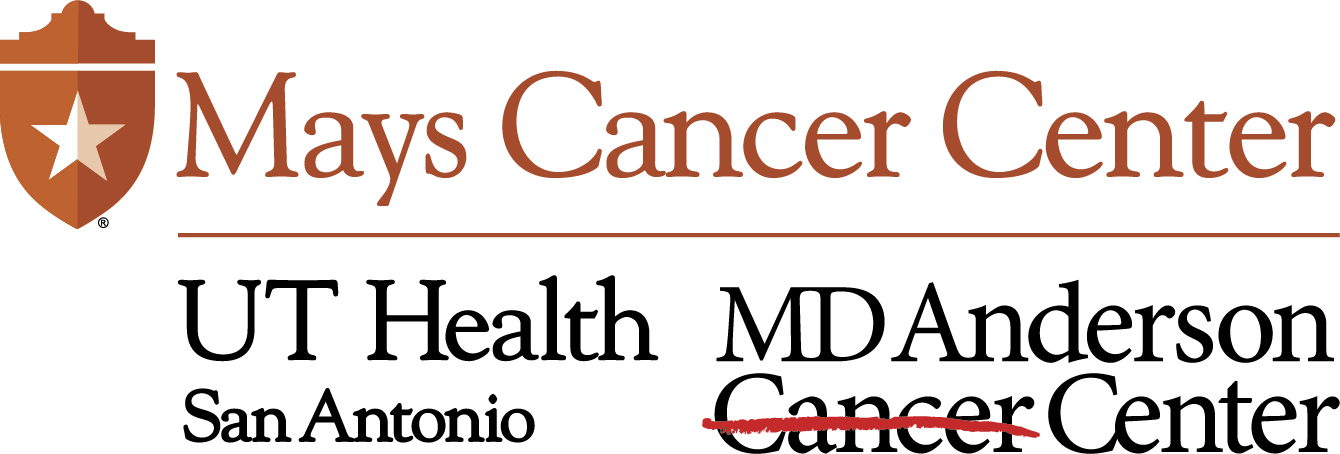
Dr. Mesa on the Efficacy of Fedratinib in Patients With Myelofibrosis and Low Platelet Counts

Ruben A. Mesa, MD, director, The Mays Cancer Center, the newly named center of UT Health San Antonio MD Anderson Cancer Center, discusses the efficacy of fedratinib (Inrebic) in patients with myelofibrosis who have low platelet counts.
Ruben A. Mesa, MD, director, The Mays Cancer Center, the newly named center of UT Health San Antonio MD Anderson Cancer Center, discusses the efficacy of fedratinib (Inrebic) in patients with myelofibrosis who have low platelet counts.
Fedratinib is a JAK2 and FLT3 inhibitor that was approved in August 2019 for the treatment of adult patients with intermediate-2 or high-risk primary or secondary myelofibrosis. Efficacy data from the phase III JAKARTA trial and safety data from the phase II JAKARTA-2 trial served as the basis for the agent’s approval.
Prior to the approval of fedratinib, ruxolitinib (Jakafi) was approved for use at a reduced dose in patients with a platelet count between 50,000 and 100,000. At the 2019 ASH Annual Meeting, investigators looked at the outcomes of patients with a platelet count between 50,000 and 100,000 who received 400 mg of fedratinib.
Results from the pooled analysis of the JAKARTA trials demonstrated that patients with a platelet count between 50,000 and 100,000 and ≥100,000 had a similar symptom resolution rate and spleen response rate, says Mesa. Moreover, 400 mg of daily fedratinib was found to be safe in patients with a platelet count between 50,000 and 100,000. However, several patients developed grade 3/4 thrombocytopenia and required dose modifications, concludes Mesa.






































